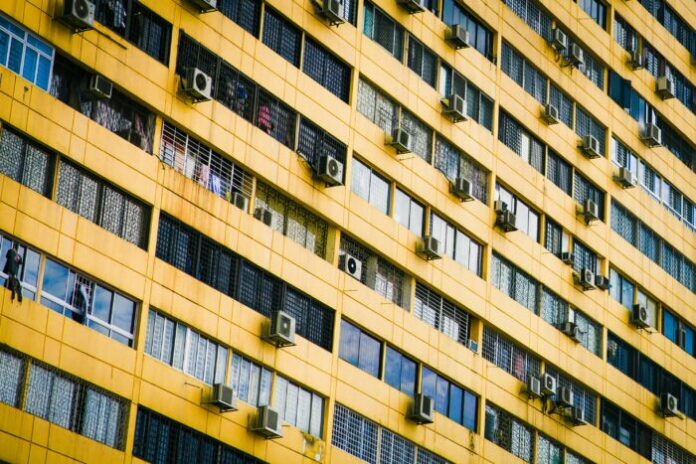
Pay attention to the energy class – The choice of the air conditioner represents a key requirement to reduce consumption and avoid unpleasant surprises in the bill. Regardless of the technology, models with an energy class higher than A are always to be preferred as, in addition to reducing CO2 emissions into the atmosphere, they consume much less. The annual energy consumption indicated on the energy label relates to 1400 hours of operation in heating mode and 350 hours in cooling mode, plus energy consumption in other modes such as standby. For example, if we choose a model in class “A+++” we will be able to spend around 30 to 40% less on electricity than we would with a class “B” model.
Choose inverter technology – In an air conditioner with an inverter control system, the speed of rotation of the compressor is constantly regulated and this allows optimal performance in all conditions of use by adapting the cooling and heating power supplied to the actual need. These models, which are particularly functional when you plan to keep the air-conditioning on for many hours at a time, cost more than those with on-off technology, but energy consumption and noise levels are lower, resulting in greater comfort in the rooms served.
Keep an eye on incentives – For the purchase of a heat pump air conditioner, if it is intended to fully or partially replace the old heating system, you can choose between: Bonus casa, Ecobonus or Conto termico 2.0 (https://www.efficienzaenergetica.enea.it/detrazioni-fiscali.html).
Attention to the position – When installing the air conditioner, it is important to place it at the top of the wall: cold air tends to fall and mixes more easily with warm air, which tends to rise. It is absolutely necessary to avoid placing the air conditioner behind sofas or curtains: the barrier effect blocks the diffusion of fresh air.
Do not cool down the environment too much and pay attention to humidity – Legislation states that during the summer season the internal temperature must not fall below 24-26 degrees centigrade but, most of the time, two or three degrees lower than the external temperature is already sufficient. Often, activating the “dehumidification” function can be enough to prevent the feeling of oppressive heat, as the humidity in the air makes the temperature perceived as being much higher than it really is.
Each room needs its own air conditioner – Installing a powerful air conditioner in the corridor hoping that it will cool the whole house is useless: the only result will be to get a cold shock every time you cross the corridor going from one room to another, as it will be the only room being cooled.
Do not leave doors and windows open – The air conditioner cools and dehumidifies the room in which it is installed by transferring heat and humidity to the outside. The entry of “new” warm air into the room forces the appliance to do additional work to bring the temperature and humidity back to the required levels, with a consequent expenditure of energy.
Insulate the pipes of the refrigerant circuit outside the home – To avoid unnecessary losses, it is necessary to insulate the pipes of the refrigerant circuit outside the home. It is also advisable to ensure that the outside of the air conditioner is not exposed to the sun and weather.
Use the timer and ‘night’ function – With these functions you can minimise the time the appliance is on and increase comfort. They also allow you to switch the air conditioning on and off remotely and keep it running only for the period of time you really need it. The “night” or “sleep” function regulates the room temperature at night in response to changes in body temperature.
Attention to cleanliness and proper maintenance – Air filters and fans should be cleaned at the first start of the season and at least every fortnight, as this is where mould and bacteria that are harmful to health, including Legionella bacteria that can be fatal, most often lurk. It is also important to check the tightness of the gas circuit. It is also important to remember that the regulations require a system logbook and periodic checks for systems with an output of more than 10 kW for winter systems and 12 kW for summer systems.
Have your home checked – Asking a technician to carry out an energy audit of your building is the first useful step in assessing the state of thermal insulation of walls and windows and the efficiency of air conditioning systems. The diagnosis will suggest what needs to be done in a cost-effective manner. In addition to reducing the cost of air conditioning in summer by up to 40%, the measures are even more convenient if you take advantage of tax deductions for the energy upgrading of buildings, the Ecobonus, which allows you to deduct from IRPEF or IRES taxes from 50 to 85% of the costs incurred depending on the complexity of the intervention and the Superbonus, with which the deduction rate increases to 110%”.



































